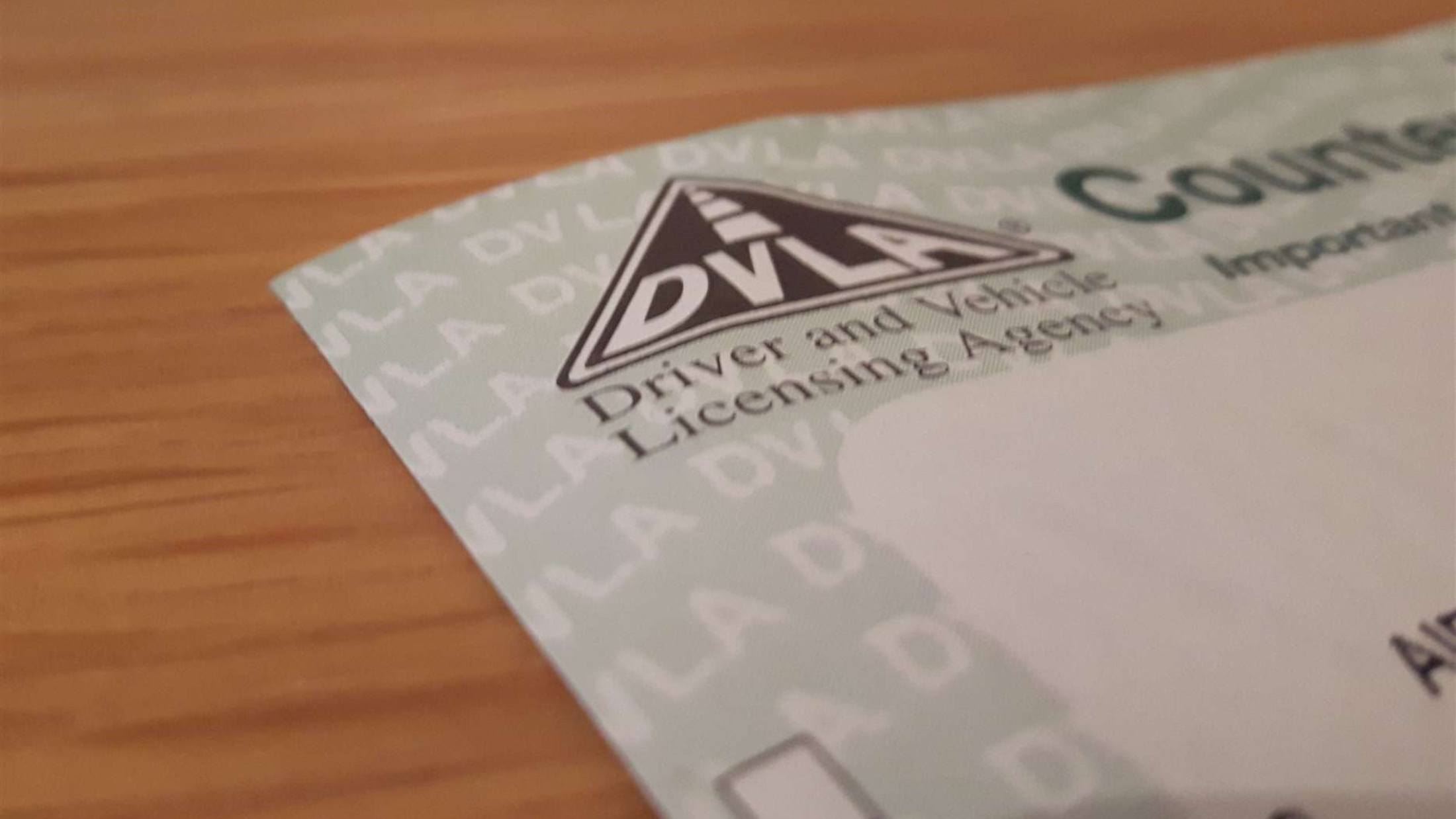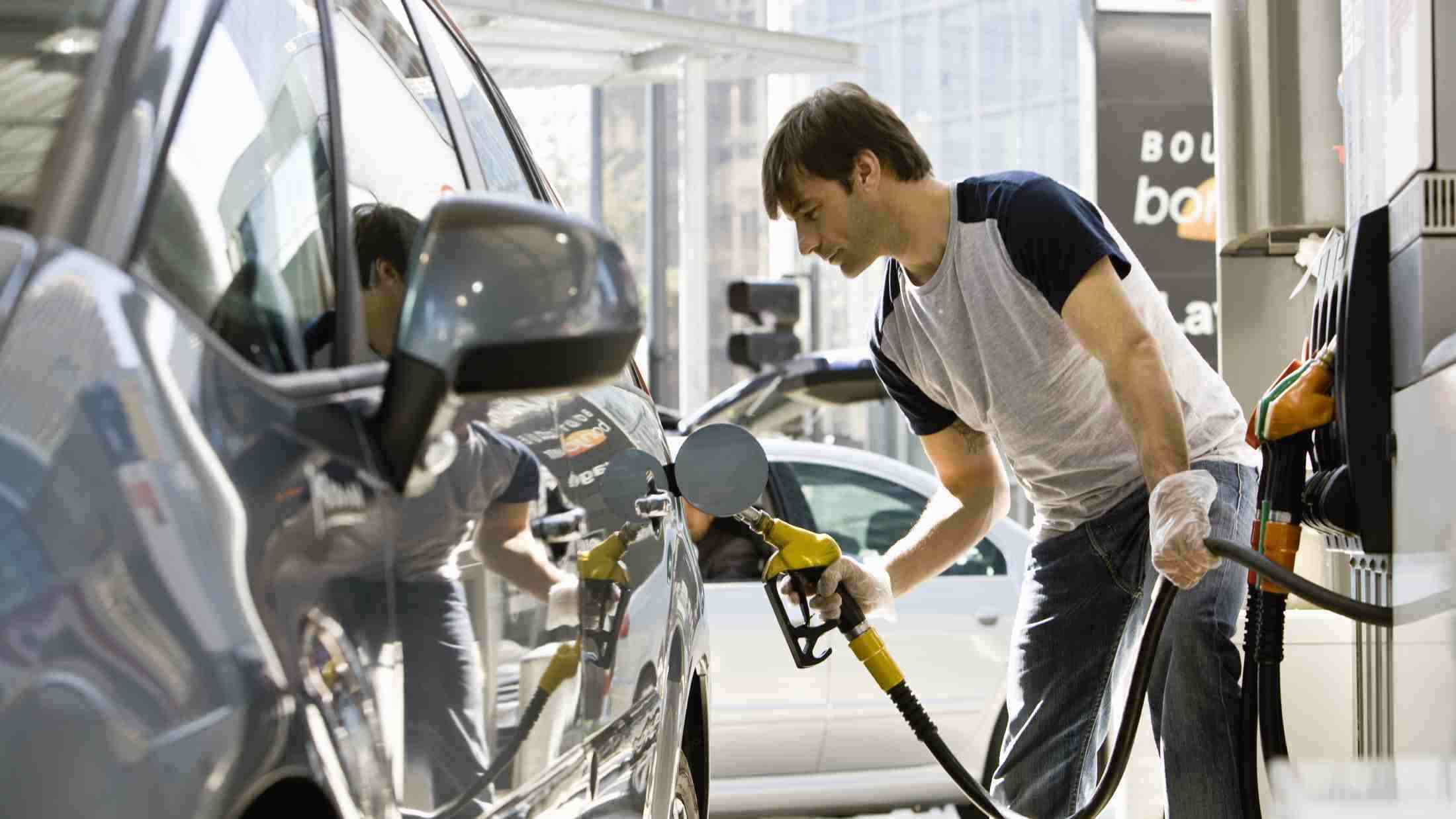With online fraud cases increasing in the past few years, there’s a greater risk of being caught out by some form of online scam. Whether it’s the promise of a new phone, a link on social media, or an innocent looking email, cons can be hard to spot.
But, what about renewing your driving licence?
Recently there was a DVLA warning to elderly drivers over fraudulent websites. These third-party websites take advantage of drivers looking to renew their licences by charging more than usual.
The Office of National Statistics reports that around 800 people have fallen foul to this scam. These scams can be difficult to spot, so it’s important to stay vigilant.
To help, AXA car insurance has created a handy guide on how to stay safe when renewing your licence. This guide will cover:
- What is the DVLA scam?
- How can you avoid the DVLA scam?
- Driving at 70 and beyond
What is the DVLA scam?
When it’s time to renew your driving licence, your first step might be to load up your search browser and type in exactly that: “how to renew your driving licence.” Yet this is exactly what the scammers are counting on.
Ranking high within internet search results, their convincing third-party websites look genuine to the untrained eye. Their professional aesthetic often convinces drivers they’re dealing directly with the DVLA, and with promises of help and expert guidance, it’s easy to be misled.
These driving licence scams then charge a ‘checking’ or admin fee to process your application. These fees can be up to five times the amount you’d normally pay – some reported to be as high as £81! While the DVLA charges a small amount (£14) to check your application, no one over 70 should pay to renew their licence.
Although the DVLA has confronted these sites, sadly, their scams are not illegal. These sites know how to get around the law by having disclaimers that specify they’re not affiliated with the DVLA. This is why it’s so important to take extra care when renewing your licence online, as these websites are designed to take advantage of you.
How can you avoid the DVLA scam?
The DVLA will notify you 90 days before your licence is due to expire. After applying for a new one, your new licence should be with you within 5 days. But, how can this be done safely?
Thankfully the DVLA’s Chief Executive, Julie Lennard, has specified ways to avoid scams. Follow the steps below to learn how to spot DVLA scam artists.
- Make sure any correspondence is from an authentic source. Make sure to look at email addresses, names, and phone numbers carefully
- Double-check any links given are trustworthy. Scammers are known to slightly change URLs which can be easily missed
- Always check you’re using the official DVLA website. Any updates or renews to your licence should always be done through the government website GOV.UK.
And remember, the official GOV.UK website will never:
- Charge you for renewing your licence if you’re over the age of 70
- Charge more than £14 for a checking fee
- Have small print saying they’re not affiliated with the DVLA
By following these steps, you’ll be sure to avoid any scammers. If you’re still unsure if a website is trustworthy, ask a relative or friend for a second opinion.











